View Post
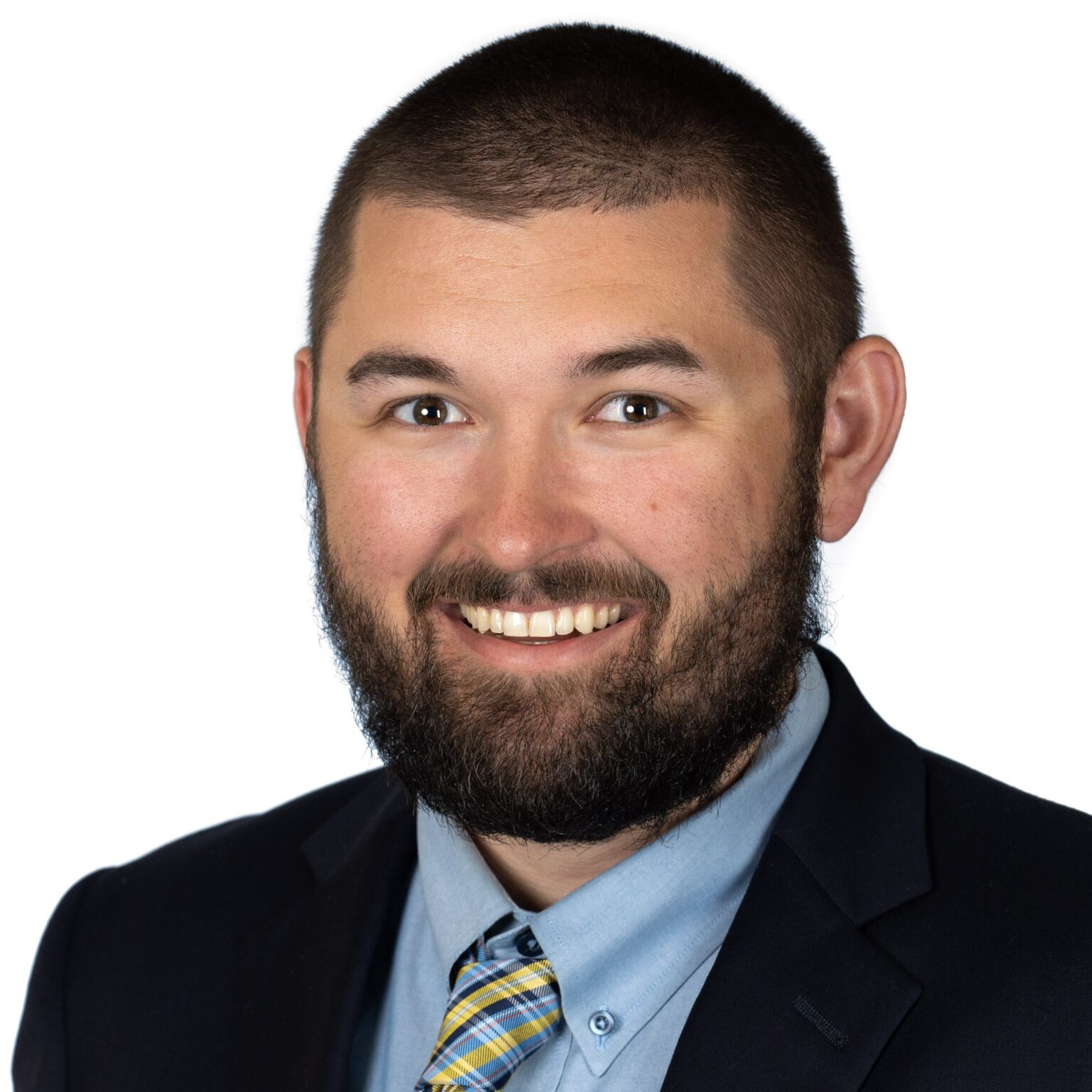

Uncategorized
Congratulations!
GTH is pleased to announce that Chelsea Rauch and Owen Taylor have…
GTH
May 1, 2024
•
< 1 min
View Post
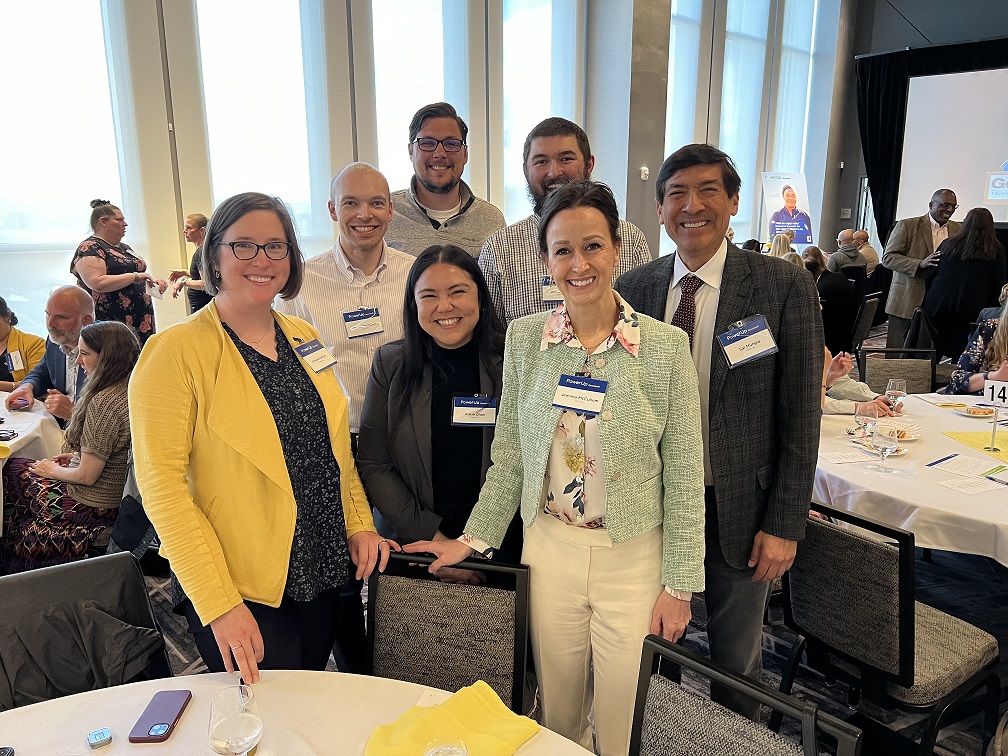

Uncategorized
GTH attends Goodwill Luncheon
Gordon Thomas Honeywell is proud of having clients such as Goodwill of…
GTH
April 23, 2024
•
< 1 min
View Post


Uncategorized
GTH to attend Power Up Goodwill Luncheon
We are so excited to contribute to Goodwill’s Power Up Luncheon. We…
GTH
April 11, 2024
•
< 1 min
View Post
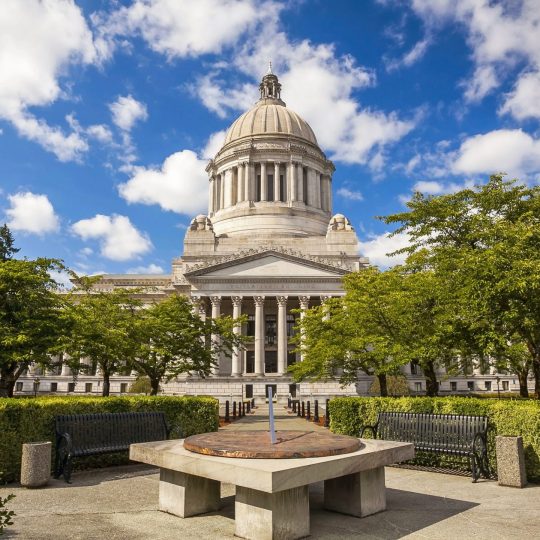

Uncategorized
GTH is proud to sponsor the Economic Development Board 2024 Annual Meeting.
GTH
March 5, 2024
•
< 1 min
View Post
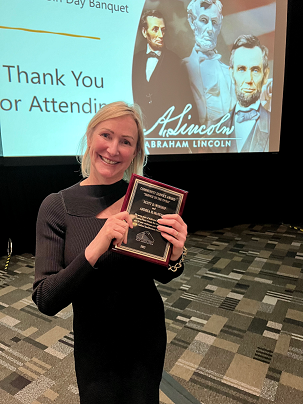

Uncategorized
Andrea McNeely recognized by Tacoma-Pierce County Bar Association.
We at GTH are so proud of Andrea McNeely being recognized for…
GTH
February 14, 2024
•
< 1 min
View Post
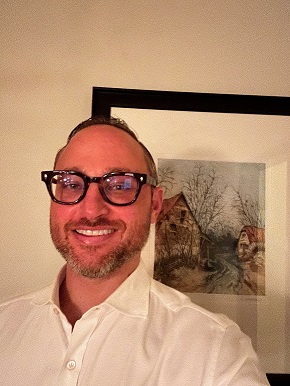

Uncategorized
GTH’S Rob Wilke in the news.
GTH’s Rob Wilke made news this week representing Levar Couch in his…
GTH
February 8, 2024
•
< 1 min
View Post


Uncategorized
GTH Partners with Sheridan Elementary
We at Gordon Thomas Honeywell are proud to begin another year of…
GTH
January 9, 2024
•
< 1 min
View Post
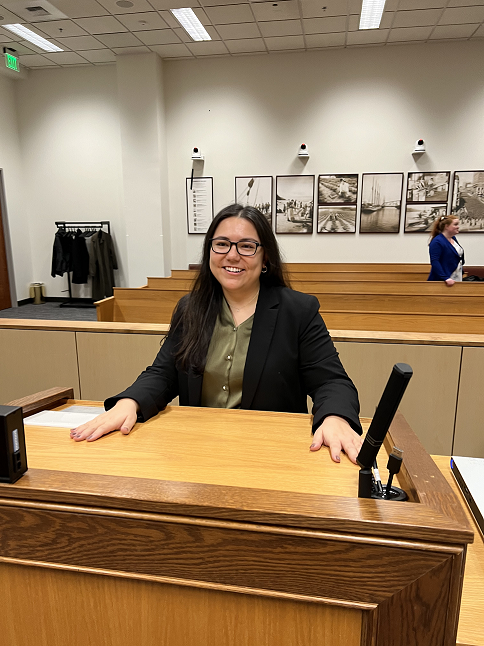

Uncategorized
Congratulations Katie Chan
At GTH, we strive to get our new attorneys into court –…
GTH
January 1, 2024
•
< 1 min
View Post
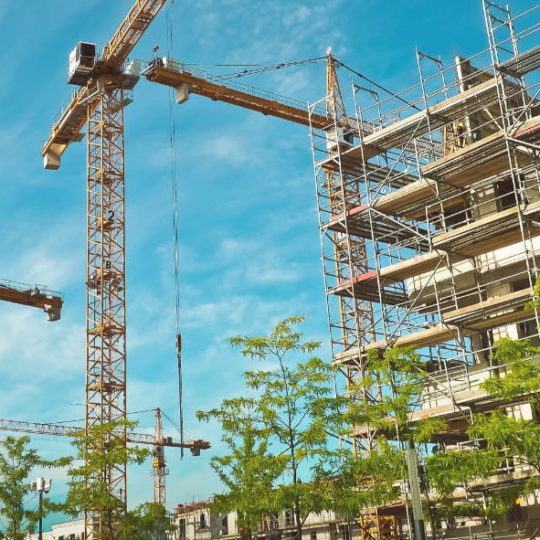

Uncategorized
Lessons in Land Use Law (From a Mid-Career Attorney)
Written by Reuben Schutz This content originally appeared in Tacoma-Pierce County Bar…
GTH
December 6, 2023
•
5 min
View Post


Uncategorized
Sandra Day O’ Connor
It is with a heavy heart that we acknowledge the passing of…
GTH
December 1, 2023
•
< 1 min